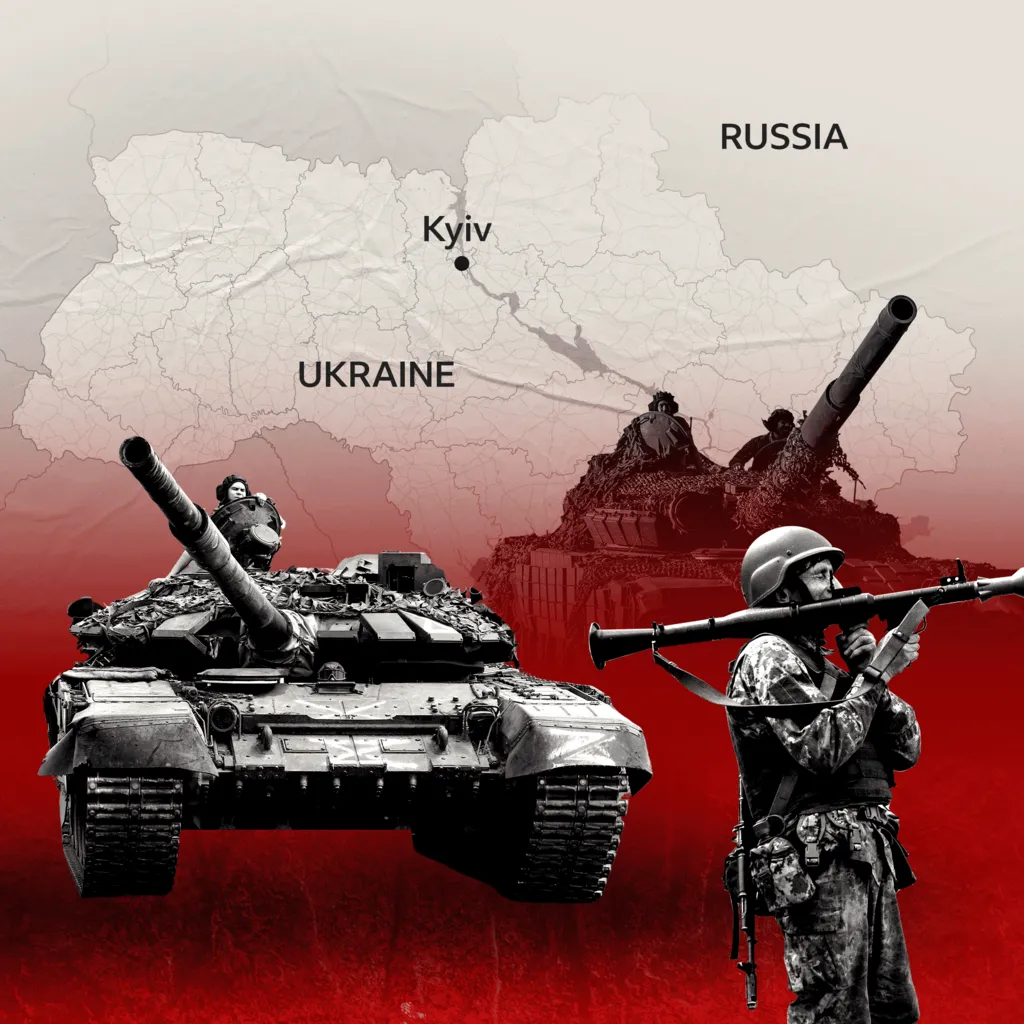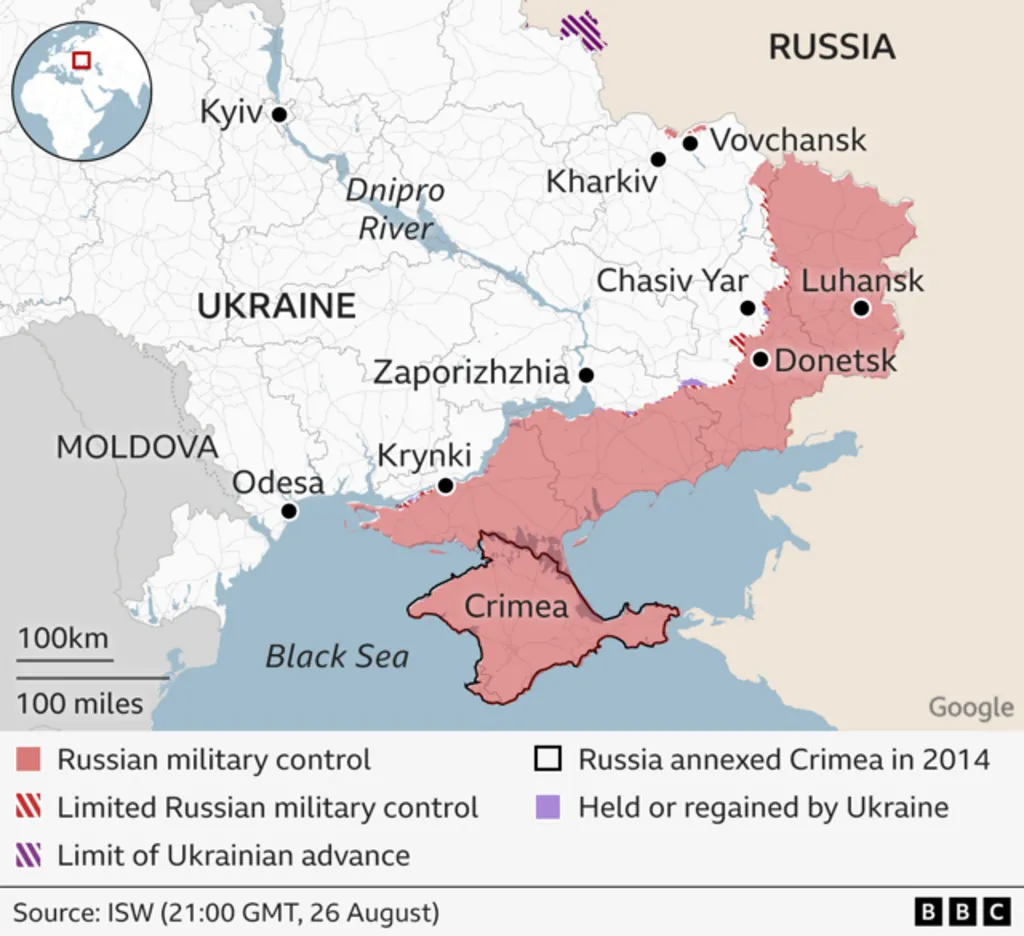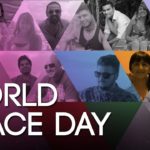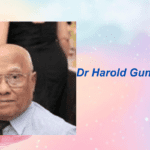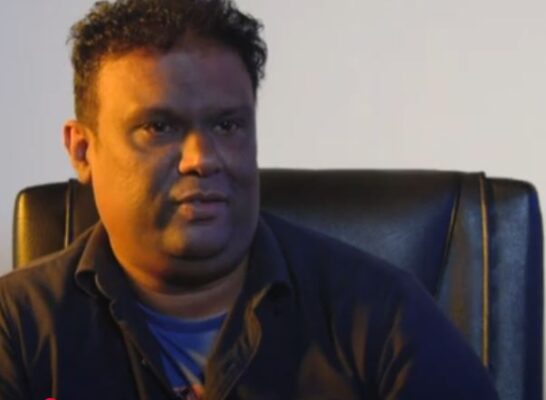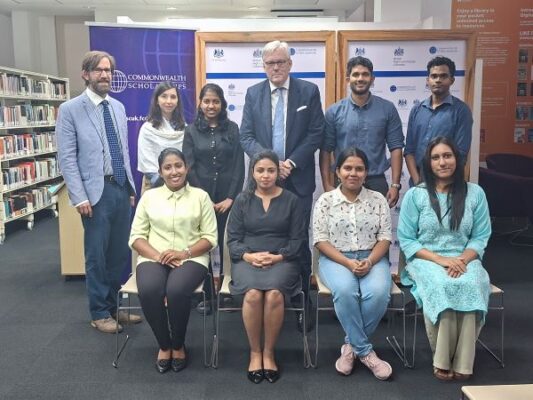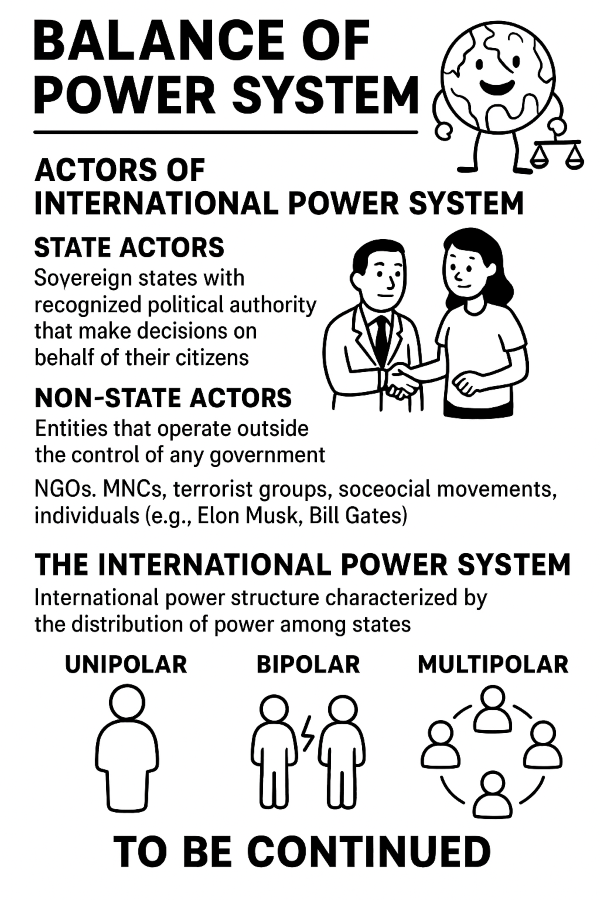Analysis of Statements Attributed to Russia’s Foreign Minister and the Geopolitical Context – By Dr Harold Gunatillake
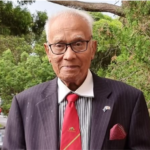
Examining Claims Regarding Ukraine’s Territorial Status and Assertions Concerning Global Conflict.
Introduction
In recent years, the ongoing conflict between Russia and Ukraine has attracted significant international attention and concern.
Statements attributed to Russian officials, particularly regarding Ukraine’s territorial integrity and the broader implications for international stability, have incited intense debates and widespread speculation. This document seeks to analyze such claims, provide historical and political context, and evaluate the current state of global affairs concerning the concept of a “World War Three.”
Context of Ukraine’s Territorial Separation
Image Source : BBC
Ukraine was part of the Russian Empire and subsequently the Soviet Union for a significant duration.
However, it declared independence in 1991 following the dissolution of the Soviet Union. The United Nations and the majority of the international community have affirmed Ukraine’s sovereignty and internationally recognised borders.
Nonetheless, since 2014, Russia’s annexation of Crimea and its involvement in eastern Ukraine have resulted in disputes and outright conflict.
Some Russian leaders and commentators have articulated the view that the separation of Ukraine from Russia was a historical error. This perspective is rooted in complex historical, cultural, and political ties between the two nations. However, such statements frequently contradict internationally accepted principles concerning sovereignty and self-determination.
Claims of “One Russian Nation”
The assertion that “the whole of Russia belongs to one nation” reflects a perspective occasionally articulated within Russian political discourse, particularly among nationalist factions.
Nonetheless, this viewpoint is not universally accepted and is contested by Ukraine’s robust national identity and its dedication to sovereignty.
International law acknowledges Ukraine as an independent state, with the majority of nations recognising Ukraine’s territory as separate from that of Russia. Claims to the contrary are frequently employed as political rhetoric and do not alter Ukraine’s legal or diplomatic standing.
World War Three: Current Realities Versus Rhetoric
Image Source : BBC
There have been claims and fears expressed in media and political discourse that the ongoing conflict in Ukraine, especially following Russia’s full-
scale invasion in 2022, could escalate into a global conflict or even a “World War Three.” While the war has had significant global ramifications, including economic shocks and heightened security concerns, it is not accurate to describe the current situation as a conventional world war. A world
war would typically involve direct military conflict between multiple major powers across several continents. As of now, while many countries have taken sides diplomatically and through economic sanctions or military aid, direct conflict remains primarily between Russia and Ukraine. The situation is grave and volatile, but it is not formally classified as a world war.
International Law and the Question of Territorial Claims
Under the principles of international law, particularly those enshrined in the United Nations Charter, the sovereignty, territorial integrity, and political independence of all states are sacrosanct. The 1975 Helsinki Final Act and the 1994 Budapest Memorandum, which specifically addressed the security assurances given to Ukraine in exchange for relinquishing its Soviet-era nuclear weapons, further reinforced Ukraine’s borders as internationally recognised.
The annexation of Crimea by Russia in 2014 and the subsequent support for separatist movements in Eastern Ukraine have been widely condemned by the majority of the international community. The United Nations General Assembly passed resolutions affirming Ukraine’s territorial integrity and declaring that the Crimean referendum, which led to Russia’s annexation, was invalid. International law does not recognise secession or transfer of territory by force. Thus, Russia’s claims over Ukrainian territory are not supported by the established legal frameworks that govern relations among nations.
Despite these clear legal principles, the reality on the ground remains fraught. Russia has cited historical ties, the protection of Russian-speaking populations, and various security concerns as justifications for its actions. However, these arguments have not found legitimacy in the eyes of international tribunals or the majority of world governments.
The prevailing view is that Russia’s military actions constitute a breach of international law and an affront to the rules-based global order.
The Humanitarian Catastrophe: Innocent Lives Lost
Amidst legal arguments and political posturing, it is the people— ordinary Ukrainians and Russians, both civilians and soldiers—who bear the brunt of the war’s devastation. Since the beginning of open hostilities in 2014, and with a dramatic escalation in February 2022, thousands upon thousands of lives have been lost. The numbers are tragically fluid, but estimates from international humanitarian agencies suggest that tens of thousands of Ukrainian civilians have been killed, with millions more displaced from their homes. The destruction of infrastructure, the breakdown of families, and the trauma inflicted upon children and the elderly are wounds that will take generations to heal.
Russian soldiers and civilians, too, have suffered losses. With rising casualties among military personnel and increasing reports of conscripts and volunteers sent to the frontlines, the toll of the conflict is starkly visible in communities across Russia. The flow of information is often tightly controlled, and state media narratives sometimes obscure the human costs, but the pain and grief are real and pervasive.
War is never a distant abstraction for those caught in its crossfire. Stories of families separated by shifting frontlines, towns reduced to rubble, and once-thriving communities now shrouded in fear and uncertainty are reminders that beyond the numbers and statistics, there are individual lives—hopes, dreams, and futures—forever altered or ended by violence.
Conclusion
Recent rhetorical escalations and controversial statements concerning Ukraine and Russia underscore underlying tensions and competing narratives related to history, identity, and authority. Nonetheless, the notion that the current global situation constitutes a third world war lacks validation from the verifiable information acknowledged by the international community. The circumstances persist as perilous and necessitate meticulous observation, sustained diplomatic efforts, and an unwavering dedication to peace and adherence to international law.
End





